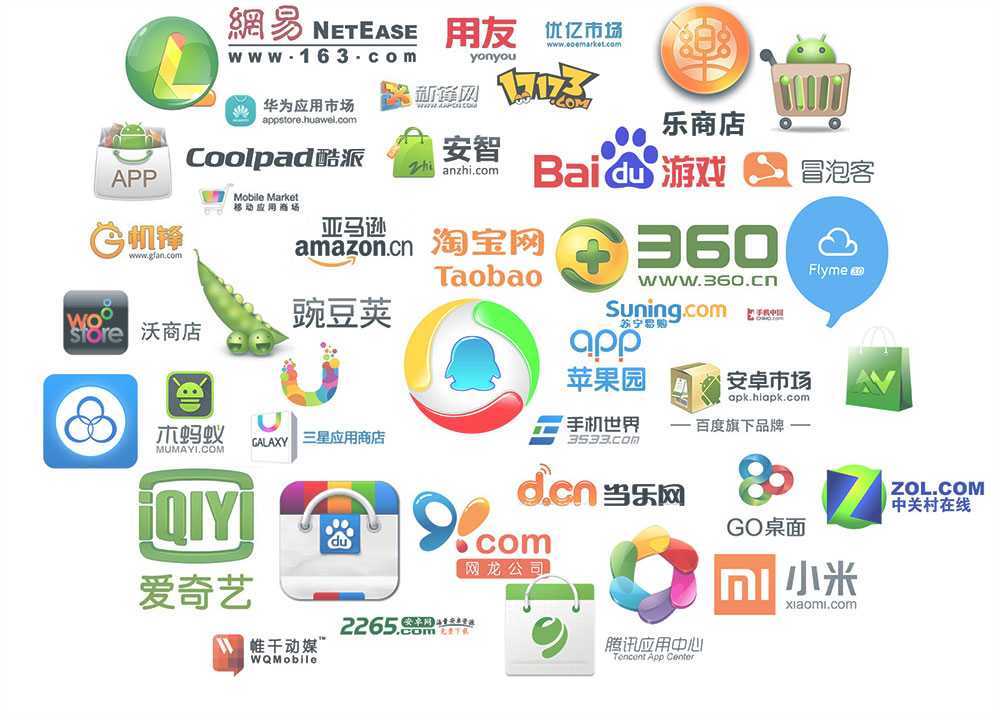Amendments to China’s Anti-Monopoly Law send tech companies scrambling

Shares of stock in Alibaba, Tencent and Meituan dropped sharply the day the a new draft to China’s Anti-Monopoly Law was issued on November 12. Combined, China’s biggest tech giants saw $280 billion of market value fall off the market within a day.
This is the first serious amendment to China’s 12 year-old law regarding competitive practices, first passed in 2007 and effective August 2008.
The State Administration for Market Regulation (SAMR) is in charge of regulating monopolies on Mainland China. Its announcement of a change was not unexpected, as planned revisions began planning back in 2018.
However, once formally released, the text itself (English version) brought immediate concern that the profits of China’s biggest online platforms and internet giants could be threatened.
In addition to giving SAMR more teeth to pursue anti-competitive behavior, the law primarily:
- Provides bigger hurdles for industry consolidation through acquisitions and mergers.
- Would limit the ability for companies to provide subsidies and discounts to drive user acquisition and partner agreements.
- states that platforms that adjust pricing dynamically based on customer purchasing power, consumption history, or user preference are engaging in monopolistic behavior.
- Most notably for e-commerce and food ordering platforms, the draft guidelines define exclusivity agreements as anti-competitive
Although the markets have since stabilized, it remains to be seen what the long-term effects will be on China’s fast-growing internet and technology companies.
Some have argued that the actual financial impact on China’s internet giants will be less important, as they have already been facing more intense competition recently from smaller upstarts and industry disruptors such as Bytedance and Pinduoduo.
Beijing has taken a tougher regulatory stance toward its biggest firms over the last couple of years. Last month, China halted a $35 billion IPO for AliBaba’s financial tech company Ant Group over regulatory concerns. And it investigated Tencent Music’s partner exclusivity agreements late last year, though that inquiry has since been dropped.